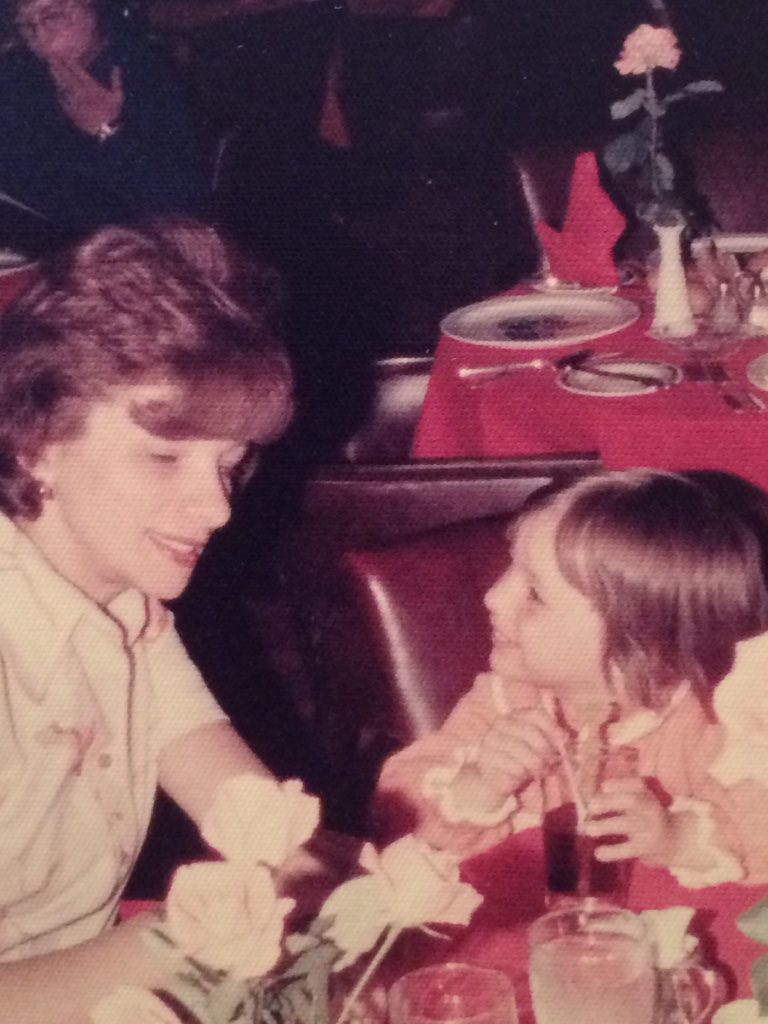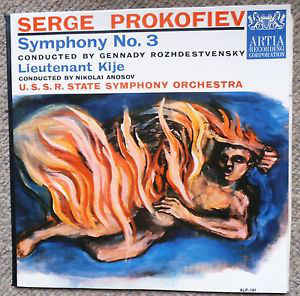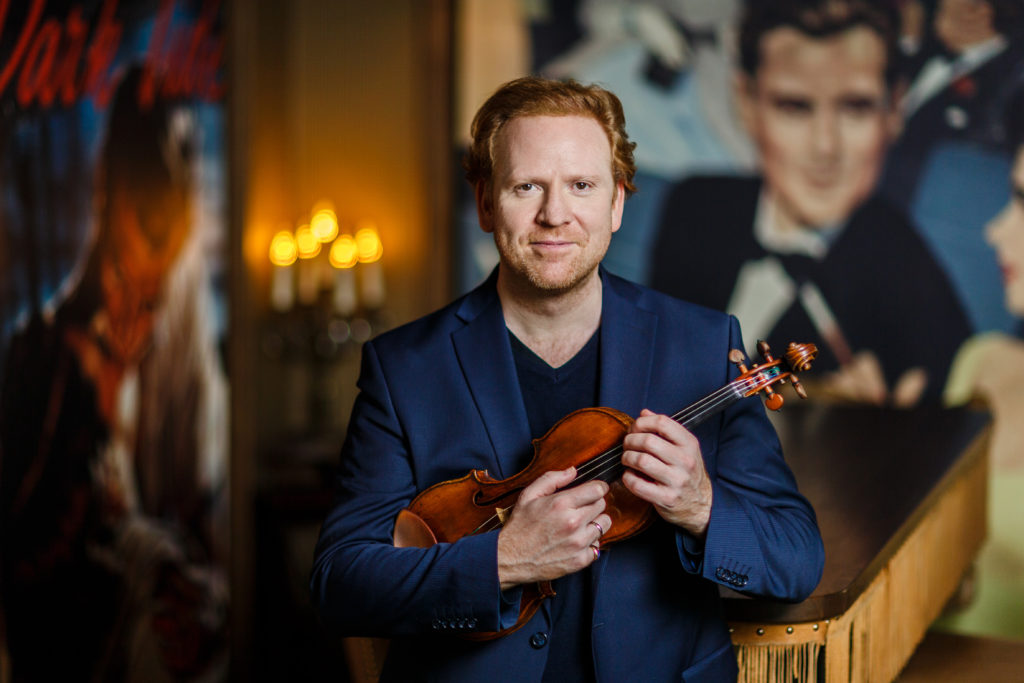Every day for the past two weeks I have told myself, “Today’s the day I’m going for a walk in the woods” and then darkness falls, and I’m still sitting at my computer, writing or grading, or lying down nursing poor health, or dusting for the billionth time, and I think: maybe tomorrow. Tomorrow comes, and the cycle repeats. I am keen to enjoy the autumn colours while I can; chilly evenings mean the jewel-like leaves are rapidly falling, which means that winter is coming, and though I love winter, I’m not quite ready for the trees to be naked and the ground to be white.
This month’s reading list is a collection of music, productions, and events oddly linked by ideas of temporality, beauty, and presence. As E. E. Cummings wrote a century ago in his Sonnets – Actualities collection (from Tulips & Chimneys, a 1922 manuscript), “Time shall surely reap / and on Death’s blade lie many a flower curled / in other lands where other songs be sung; / yet stand They here enraptured” (E. E. Cummings: Complete Poems 1904–1962, Liveright/W.W. Norton, 2016, p. 156). Earlier this week I was reminded of two things: one, investigating things outside one’s comfort zone; and two, the value of being enraptured with what I fully know are entirely temporary things. Autumn was once a time of great sadness: everything is beautiful because it’s dying, I would think (and sometimes even say out loud), recalling sad and terribly human corollaries. The beauty of autumn’s colours serve as a potent reminder of the paradox of change; one can’t always control it, but one can accept what is, right now, even or especially if that thing isn’t quite as beautiful or good as the jewel-like leaves on the autumn trees. That thing (especially the unfamiliar thing) might just be good in a way that challenges unconsciously-held ideas and definitions of beauty, and that counts (I hope).
Those unconscious ideas and definitions can certainly loom large in the music world, particularly the opera/classical realm, and so, onto the list. Maybe I’ll get out to see the leaves – maybe tomorrow? Hmm.
War & Peace (& Art)
Any and all references to Soviet-era Russia have been excised from the current Opernhaus Zürich production of Leben mit einem Idioten, Alfred Schnittke’s ferociously satirical 1992 opera on now through the end of November. What’s the role of the house here? The composer’s family? Funders? Why is the director using such softened language around his (rather apolitical) choices? Is it art (or Art)? Do clear (and certainly timely) references to Soviet history really matter in 2024? Should they?
Update 28 October: In his weekly newsletter, music journalist Axel Brüggermann published thoughts from an interview director Kirill Serebrennikov gave to Swiss music writer Christian Berzins in which is says “Ich will in Zürich keinen sowjetischen Bullshit entschlüsseln. Schnittke selbst hat gesagt, dass es sich um ein ‚offenes Werk‘ handle; jegliche Interpretationen seien erlaubt und sogar erwünscht.” (“I don’t want to decipher any Soviet bullshit in Zurich. Schnittke himself has said that it is an ‘open work’; any interpretation is permitted and even encouraged.”) The full interview is at Tagblatt (paywall).
This story brought to mind another published last month published in The Stage about censorship and staging choices. Matthew Hemley’s article looks at how British theatre can, or even should, touch on world issues, notably the ongoing war in Gaza. What should or shouldn’t be seen on stages and why? Who gets to decide? Whither funding and marketing campaigns? Questions to ponder into 2025 and beyond.
Director Tobias Kratzer gave an interview to Welt‘s Stefan Grund late last month in which he discussed his ideas on opera, theatre, and if productions should always imply messages or lessons to audiences. It’s titled “Ich versuche, nicht zu predigen“ (“I try not to preach”), which may give you an idea of his approach. Along with hinting at his plans for Hamburg, Kratzer shares his notions on if and how issues and opera might collide:
Eine Operninszenierung ist ja kein Leitartikel. […] Es geht nicht darum, dass die Regiestimme versucht, eine Wahrheit kundzutun. Ich versuche vielmehr, meine Inszenierungen wie Vexierbilder zu gestalten, sodass die Zuschauer eher mit Fragen zu ihrer eigenen Haltung konfrontiert werden.
An opera production is not an editorial. […] It’s not about the director’s voice trying to proclaim a truth. Rather, I try to design my productions like picture puzzles so that the audience is confronted with questions about their own attitudes.
(“Ich versuche, nicht zu predigen” – Welt.de, Stefan Grund, 30 September 2024)
A Tale Of Two Rheingolds
The director is set to begin his tenure as Intendant of Staatsoper Hamburg in summer 2025. Kratzer’s new production of Das Rheingold for Bayerische Staatsoper, featuring Nicholas Brownlee, Ekaterina Gubanova, Markus Brück, Sean Panikkar, Matthew Rose, and Timo Riihonen, opens on Sunday and runs through 10 November before returning for two performances as part of the house’s annual summer festival. BR Klassik will be broadcasting the opening on radio live starting at 17.30 (CET) / 12.30pm EST. The new production is led by Bayerische Staatsoper Music Director Vladimir Jurowski and marks the start of a years-long Ring journey for the storied Munich house which will culminate in a full Ring cycle presentation in 2027.
More Rheingold, this one at Teatro Alla Scala: The David McVicar-helmed production opens on Monday (28 October) and will be running through 10 November. The cast includes Michael Volle, Okka von der Damerau, Ólafur Sigurdarson, Jongmin Park, and Ain Anger; Simone Young is on the podium for the first three performances, with Alexander Soddy leading the orchestra for the last three . La Scala will be presenting a live video stream of the 3 November (next Sunday) performance, which starts at 14.15 CET (8.15am EST). Registration is required; rental fee is €11.90 for Ultra High Definition; €9.90 for HD, with the performance available to view until 10 November.
Listen Up
Gavin Friday’s much-anticipated Ecce Homo (BMG) was released earlier this week. The 13-track work is the Irish artist’s first album since 2011’s catholic and is a powerfully moving mix of ideas and soundscapes. Faith, love, identity, mortality, and memory are some of its chewy themes, with the album also showcasing Friday’s gorgeously flexible baritone, a voice central to last winter’s retelling of Peter and the Wolf. Ecce Homo (“Behold the man”, also the name of its final track) hosts an inspiringly eclectic mix of sounds, with “Cabarotica” a luscious piece of symphonic-flecked pop containing a winking line to Friday’s early discography (“if I die, I die…”) while the chamber-like “The Best Boys In Dublin” pays tribute to Friday’s beloved pet dachshunds. “When The World Was Young” conjures images of his young life in north Dublin with lifelong friends Guggi and Bono; Friday plumbs his history with gripping thoughtfulness while pondering the future with a pulsing mix of anger, anxiety, and hope running through the album’s 52-ish minutes. The Irish Independent recently proclaimed Ecce Homo Friday’s best album in 30 years. As the man himself might say: in-fkg-deed!
France Musique recently broadcast a one-hour exploration of the music of Tomsk-born Edison Denison (1929-1996). For those unfamiliar with the so-called “non-conformist” composer’s oeuvre, this is a great introduction to a very influential figure in music history whose name deserves to be more widely known. As co-publisher Boosey & Hawkes notes, the composer’s “modernist leanings provoked severe official disapproval but he stayed loyal to his Russian roots” and he went on to write various works reflecting that passion, including the early 1980s piano-and-voice song cycles Your Sweet Face and On the Snowy Bonfire, based on the poetry of Pushkin and Blok respectively. Denisov also wrote works for a variety of soloists (including Gidon Kremer and Heinz Holliger) and completed unfinished works by Mussorgsky, Mosolov, Debussy, and Schubert. His “Duke-Ellington-haunted” (says B&H) opera L’Ecume des Jours premiered at Opéra Comique (Paris) in 1986. Écoutez France-Musique.
Still with great composers: Barbara Kolb passed away this week at the age of 85. Kolb was the first American woman to receive the prestigious Rome Prize (1969-1971), which recognizes artists and scholars for work in the arts and humanities. Her music was performed by a myriad of institutions including the New York Philharmonic Orchestra under Pierre Boulez, the Boston Symphony with Seiji Ozawa, and numerous American orchestras with Leonard Slatkin. Kolb spent nine months in residence at Boulez’s IRCAM in the early 1980s, an experience which resulted in a commision for a chamber ensemble and computer-generated tape, Millefoglie, which premiered in Paris in 1985 with Peter Eötvös conducting. Publisher Boosey & Hawkes has a detailed page exploring Kolb’s work, and they have also curated an excellent playlist of her work, one that includes the mesmerizing “Solitaire”for piano and pre-recorded tape that made its world premiere at Carnegie Hall 52 years ago tomorrow (27 October 1972) with pianist Richard Trythall. Merci, Barbara Kolb.
Berlin Calling
Amidst the many calls in Berlin recently related to cultural funding: a talk The Politics Of Unpaid Labour takes place at the Weizenbaum Institute (Berlin) in early November led by Valeria Pulignano, Professor in Sociology at the Centre for Sociological Research (CESO) at KU Leuven, a Catholic research university. I very much appreciate that the word “inequality” is used at (or near) the top of the event’s description here. Class and its related privileges are inextricably tied to experiences within (and entry to) the cultural sphere, to say nothing of its coverage in media, and threatened cuts to the arts sector (in Berlin and elsewhere) make the reality of finding an equitable way forwards more important than ever.
The annual VOICES Performing Arts Festival, dedicated to celebrating the work of displaced artists. This year’s edition runs November 2nd to 29th and is curated by theatre artist Marina Davydova (who is also Director of Drama at the Salzburg Festival) and composer Sergej Newski. Highlights include performances from Klangforum Wien; a two-part programme exploring the music of Central Asia with ensemble mosaik and Duo Falak; a concert celebrating the music of French composer Vinko Globokar; as well as very unique dance and theatre works plus new play readings with the curators.
Words & Mandalas
Going more mainstream(ish): Oxford English Dictionary will be holding an online forum about the influence of popular culture on word choices, specifically how the genres of science fiction, gaming, fantasy, and other fandoms have influenced contemporary language, how these changes have been adopted by various cultures, and what kind of work is involved in including (or not including) these language changes within the diciontary. The talk takes place on 21 November at 12pm EST and will be led by OED editors Dr Catherine Sangster and Fiona McPherson. Faszinierend!
A new exhibition at The Metropolitan Museum of Art in New York explores the history and imagery of mandalas specifically related to Himalayan Buddhist tradition. The exhibition, running through mid-January 2025, features over one hundred paintings, sculptures, and other items (including ritualistic) made between the 12th and 15th centuries. As the exhibition website notes, it also “provides a roadmap for understanding Himalayan Buddhist worship through early masterworks, juxtaposed with a newly commissioned contemporary installation by Tibetan artist Tenzing Rigdol.” With relation to his wonderfully exuberant work for the exhibition (which references Picasso, world events, technologies, and tragedies), the artist says in the video (below): “I’m a nice person, but when it comes to painting I’m a bit crazy.” One suspects Rigdol would fit with the classical music world nicely.
As ever: remember the c-word, and have a safe and happy Halloween. 🎃




 Still, I realized on some intuitive level, and partly through direct experience playing those modern works, that there was an entire cosmos I was missing. Exposure to world cinema confirmed that feeling, and led me to sounds that opened the door of discovery slightly wider; from there were trips to the local library for cassette rentals. Winter months
Still, I realized on some intuitive level, and partly through direct experience playing those modern works, that there was an entire cosmos I was missing. Exposure to world cinema confirmed that feeling, and led me to sounds that opened the door of discovery slightly wider; from there were trips to the local library for cassette rentals. Winter months